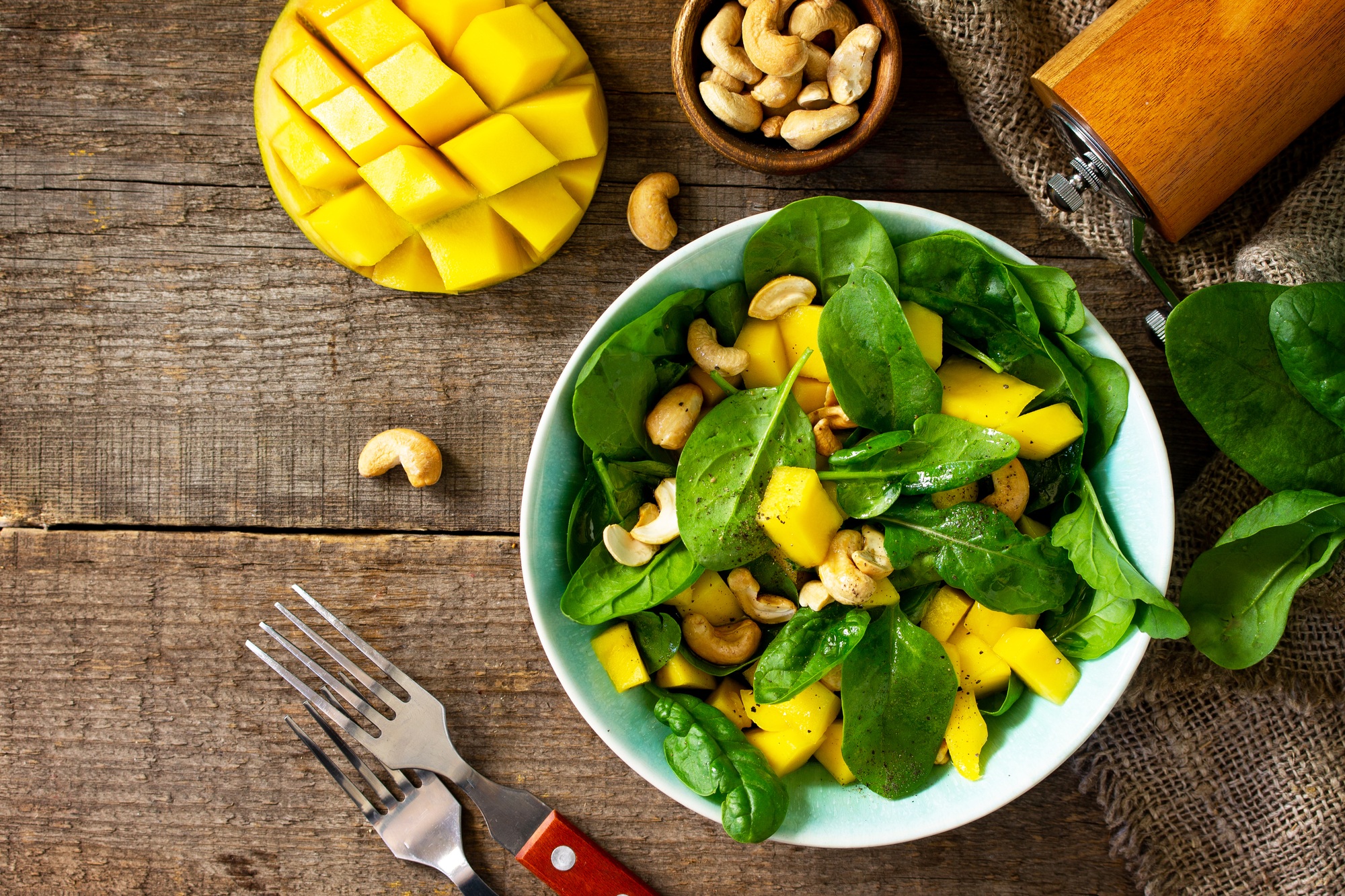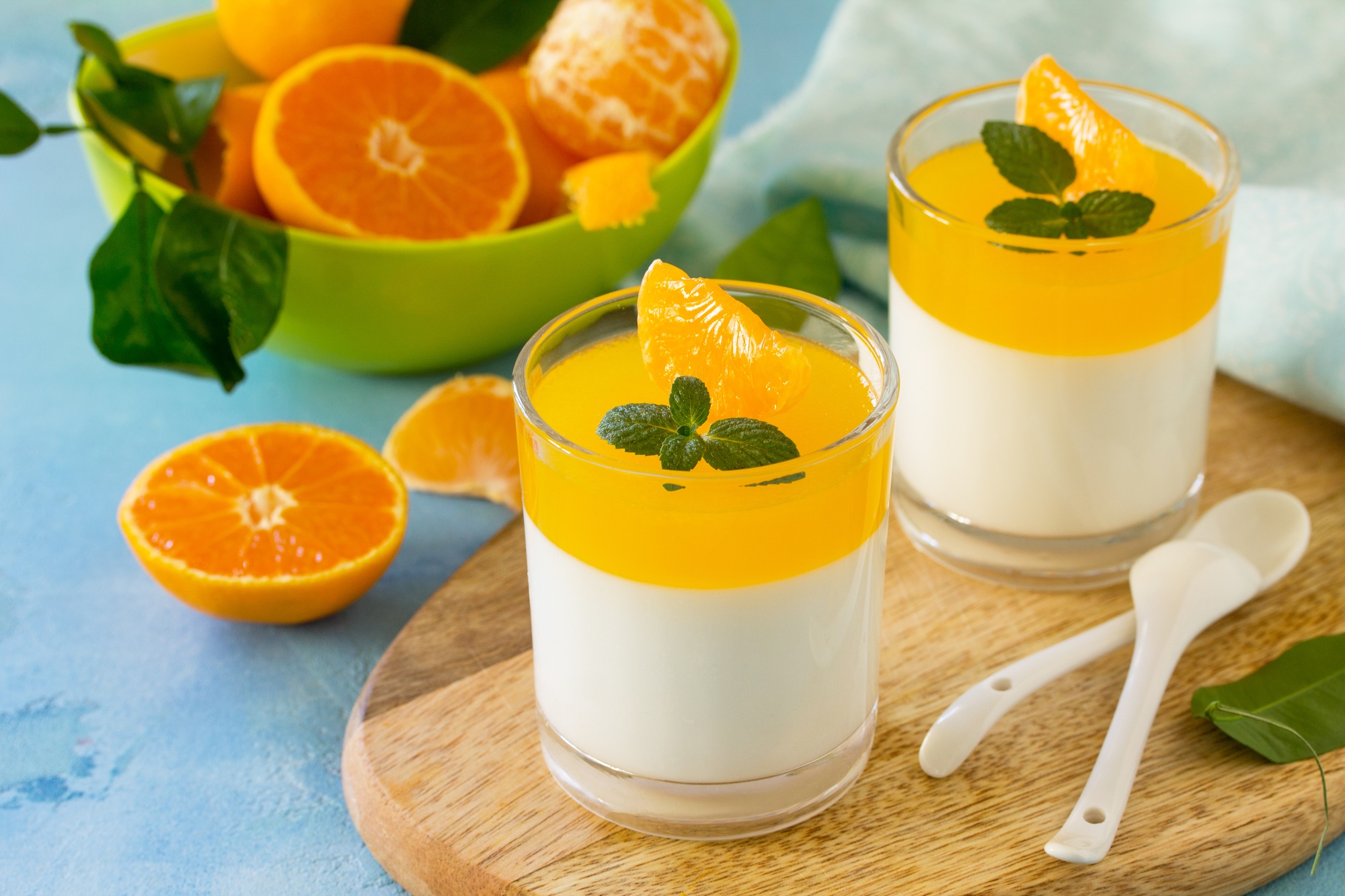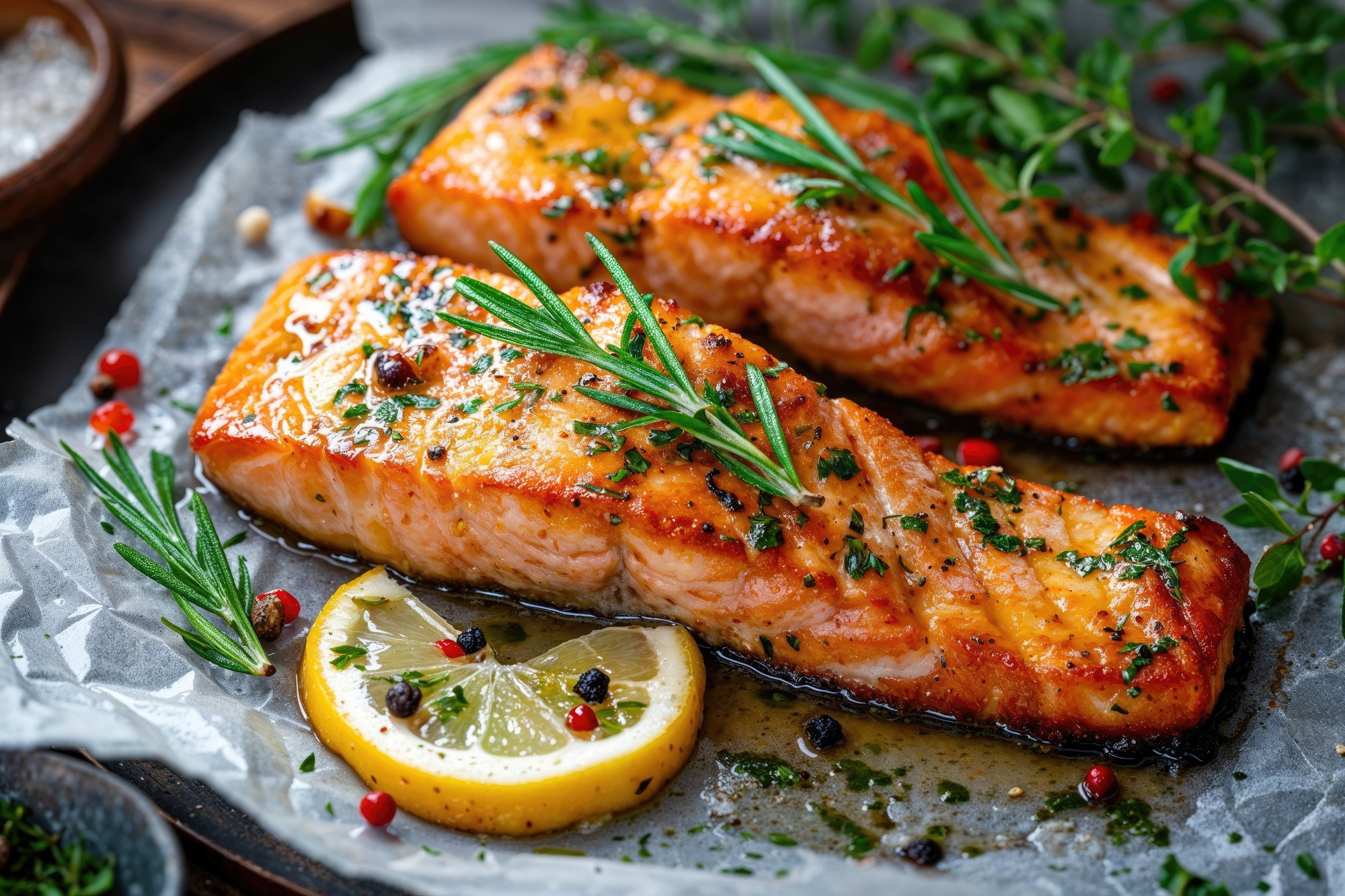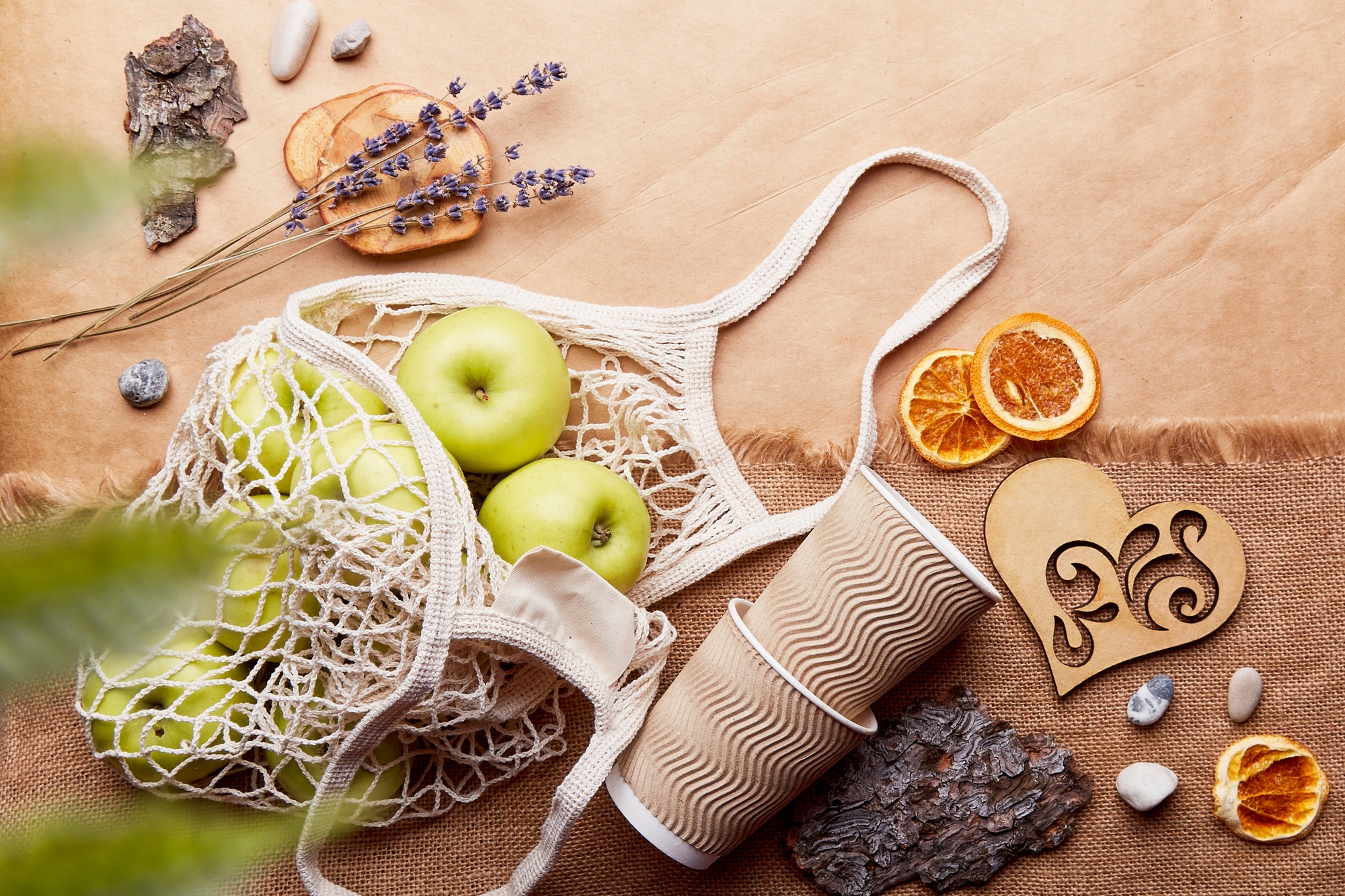
Achieving radiant, glowing skin is a goal many of us strive for. While skincare products and routines play a significant role, the foundation of healthy, glowing skin starts from within.
The foods you consume can have a profound impact on the health and appearance of your skin. By nourishing your body with the right nutrients, you can promote a complexion that is vibrant, youthful, and glowing.
In this article, we’ll explore the best foods for glowing skin and how each can help you achieve that healthy, radiant glow. Whether you’re battling acne, dryness, or dullness, these foods will provide your skin with the essential vitamins, minerals, and antioxidants it needs to look its best.
1. Avocados: The Ultimate Skin Superfood
Avocados are packed with healthy fats, making them one of the best foods for glowing skin. They are rich in monounsaturated fats, which help maintain skin elasticity and keep it moisturized from within. These healthy fats also support the skin’s lipid barrier, which helps prevent moisture loss, keeping your skin hydrated and plump.
Moreover, avocados are an excellent source of vitamin E, an antioxidant that protects the skin from oxidative damage caused by free radicals. Free radicals can lead to premature aging, fine lines, and wrinkles. The vitamin C in avocados also helps with collagen production, which is essential for skin structure and firmness.
How to incorporate avocados into your diet:
- Add avocado slices to salads or sandwiches.
- Mash avocado with a little lemon juice and use it as a spread on whole-grain toast.
- Blend it into smoothies for a creamy texture.
2. Berries: Antioxidant Powerhouses
Berries, such as blueberries, strawberries, raspberries, and blackberries, are rich in antioxidants that protect the skin from the damaging effects of free radicals. These antioxidants, particularly anthocyanins, can help fight inflammation, reduce puffiness, and give your skin a healthy, glowing appearance. Berries are also high in vitamin C, which is essential for collagen production, making your skin more firm and smooth.
Vitamin C is a powerful antioxidant that helps brighten the skin and reduces the appearance of dark spots and hyperpigmentation. Berries can also help protect your skin from sun damage and reduce the risk of premature aging.
How to incorporate berries into your diet:
- Snack on fresh berries as a sweet treat.
- Add them to your morning oatmeal or yogurt.
- Blend them into smoothies or use them as a topping for desserts.
3. Nuts and Seeds: Nourishment for Healthy Skin
Nuts and seeds, such as almonds, walnuts, chia seeds, and flaxseeds, are loaded with essential nutrients that promote glowing skin. They are rich in healthy fats, especially omega-3 fatty acids, which are essential for maintaining the skin’s moisture and preventing dryness. Omega-3 fatty acids also have anti-inflammatory properties, helping to reduce skin conditions like acne, eczema, and psoriasis.
Additionally, nuts and seeds are excellent sources of vitamin E, which helps protect the skin from oxidative stress and supports the skin’s natural healing process. Zinc, found in many seeds and nuts, is also crucial for skin health as it helps with wound healing and promotes a clear complexion.
How to incorporate nuts and seeds into your diet:
- Snack on a handful of mixed nuts and seeds.
- Add chia seeds or flaxseeds to smoothies or sprinkle them on yogurt.
- Use crushed almonds as a topping for salads or baked goods.
4. Sweet Potatoes: A Beta-Carotene Boost
Sweet potatoes are an excellent source of beta-carotene, a precursor to vitamin A. Beta-carotene is a powerful antioxidant that helps protect the skin from sun damage, reduces the appearance of wrinkles, and promotes an even skin tone. When consumed, beta-carotene is converted into vitamin A in the body, which supports the skin’s health by helping skin cells regenerate and repair.
Sweet potatoes also contain vitamin C, which boosts collagen production and helps the skin remain firm and youthful. The combination of these nutrients makes sweet potatoes an essential food for anyone looking to achieve glowing skin.
How to incorporate sweet potatoes into your diet:
- Roast sweet potato wedges for a healthy side dish.
- Add mashed sweet potatoes to soups or stews.
- Make sweet potato fries for a nutritious snack.
5. Tomatoes: Lycopene for Skin Protection
Tomatoes are rich in lycopene, a powerful antioxidant that helps protect the skin from harmful UV rays. Lycopene neutralizes free radicals, which can cause premature aging and sun damage. Regular consumption of tomatoes can also improve skin texture, reduce the appearance of fine lines, and promote a youthful, glowing complexion.
Tomatoes are also a good source of vitamin C, which boosts collagen production and keeps the skin firm. The combination of lycopene and vitamin C in tomatoes makes them an excellent choice for skin protection and rejuvenation.
How to incorporate tomatoes into your diet:
- Add fresh tomatoes to salads or sandwiches.
- Make homemade tomato sauce to pair with pasta or grains.
- Blend tomatoes into smoothies or soups.
6. Green Leafy Vegetables: A Vitamin K Boost
Green leafy vegetables, such as spinach, kale, and Swiss chard, are rich in vitamins A, C, and K, all of which contribute to healthy, glowing skin. Vitamin A helps repair damaged skin cells and promotes skin regeneration, while vitamin C supports collagen production. Vitamin K plays a role in reducing dark circles and puffiness, helping to create a smoother, brighter complexion.
These vegetables are also packed with fiber, which aids digestion and detoxifies the body, promoting clear skin from the inside out. Green leafy vegetables are also rich in antioxidants, which fight oxidative stress and protect the skin from environmental damage.
How to incorporate green leafy vegetables into your diet:
- Toss spinach or kale into salads or smoothies.
- Sauté leafy greens with garlic and olive oil for a quick side dish.
- Add Swiss chard to soups or stews.
7. Citrus Fruits: Vitamin C for Radiance
Citrus fruits like oranges, grapefruits, lemons, and limes are packed with vitamin C, one of the most important vitamins for glowing skin. Vitamin C helps brighten the complexion, reduce dark spots, and boost collagen production, making the skin look firmer and more youthful. It also helps protect the skin from sun damage and environmental stressors, keeping it looking radiant and fresh.
In addition to vitamin C, citrus fruits also contain flavonoids, which have anti-inflammatory and antioxidant properties that can help reduce skin irritation and redness.
How to incorporate citrus fruits into your diet:
- Start your day with a glass of freshly squeezed orange juice.
- Add lemon or lime slices to your water for a refreshing twist.
- Snack on citrus fruits or add them to fruit salads.
8. Green Tea: Antioxidant-Rich and Skin-Supporting
Green tea is packed with polyphenols, particularly catechins, which are powerful antioxidants that help fight oxidative stress and reduce inflammation. These antioxidants can help prevent the breakdown of collagen, keeping the skin firm and smooth. Green tea also has anti-inflammatory properties, making it effective in calming skin conditions like acne and redness.
Additionally, green tea is rich in EGCG (epigallocatechin gallate), a compound that promotes the regeneration of skin cells and reduces the formation of wrinkles.
How to incorporate green tea into your diet:
- Drink a cup of green tea as a daily beverage.
- Add matcha powder to smoothies or baked goods for a healthy boost.
- Use cooled green tea as a refreshing face toner.
9. Yogurt: Probiotics for Clear Skin
Yogurt is an excellent source of probiotics, which help maintain a healthy balance of gut bacteria. This, in turn, supports clear, glowing skin. A healthy gut is essential for overall skin health, as it helps reduce inflammation and skin flare-ups like acne. Yogurt is also rich in protein, calcium, and vitamins B2 and B12, all of which help nourish and support the skin.
The probiotics in yogurt can also help balance the skin’s natural bacteria, which can reduce the risk of skin infections and acne outbreaks.
How to incorporate yogurt into your diet:
- Enjoy a bowl of yogurt with fresh fruit and nuts.
- Add yogurt to smoothies for a creamy texture.
- Use yogurt as a base for sauces or dressings.
10. Water: Hydration for Radiance
While not a food, water is the most crucial factor for glowing skin. Hydration is key to maintaining healthy, plump skin. When your body is well-hydrated, your skin appears more vibrant and smooth. Dehydration, on the other hand, can lead to dry, dull skin that is more prone to irritation and wrinkles.
Drinking enough water throughout the day helps flush toxins from the body and maintain skin elasticity, giving your complexion a radiant glow.
How to stay hydrated:
- Aim to drink at least 8 glasses of water per day.
- Add cucumber or mint to your water for a refreshing twist.
- Eat water-rich fruits and vegetables like cucumbers, watermelon, and celery.
Conclusion
Achieving glowing skin isn’t just about applying the right skincare products – it’s also about nourishing your body with the right foods. Avocados, berries, nuts, seeds, sweet potatoes, tomatoes, green leafy vegetables, citrus fruits, green tea, yogurt, and water all play vital roles in promoting healthy, radiant skin.
By incorporating these foods into your diet, you’ll be fueling your skin with the nutrients it needs to look its best.
Remember, glowing skin starts from within. Nourish your body with these skin-loving foods, and you’ll notice a significant difference in the appearance and health of your skin. Stay consistent, and soon, you’ll be radiating confidence with a complexion that glows from the inside out.











